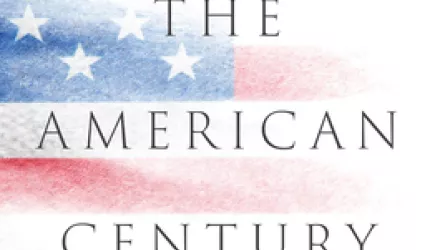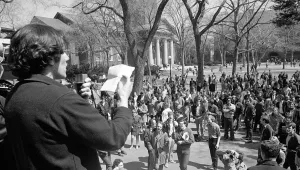Overview
How do the weak win wars? The likelihood of victory and defeat in asymmetric conflicts depends on the interaction of the strategies weak and strong actors use. Using statistical and in-depth historical analyses of conflicts spanning two hundred years, Ivan Arreguın-Toft shows that, independent of regime type and weapons technology, the interaction of similar strategic approaches favors strong actors, while opposite strategic approaches favor the weak. This new approach to understanding asymmetric conflicts allows us to makes sense of how the United States was able to win its war in Afghanistan (2002) in a few months, while the Soviet Union lost after a decade of brutal war (1979–1989). Arreguin-Toft’s strategic interaction theory has implications not only for international relations theory, but for policymakers grappling with interstate and civil wars, as well as terrorism.
Ivan Arreguin-Toft is a Fellow in the International Security Program, at the John F. Kennedy School of Government, Harvard University. He has authored numerous conference papers and his articles have appeared in International Security and the Cambridge Review of International Affairs. He is a veteran of the U.S. Army where he served in Augsburg, Germany, as a military intelligence analyst from 1985–1987.
Praise for How the Weak Win Wars:
"In How the Weak Win Wars, Arreguin-Toft means to convince the reader that when the very strong meet the weak in asymmetric armed conflict, strategy matters more than power. Despite minor excursions in his conclusions, he achieves this goal through expert scholarly analysis and a writing style that elucidates complex topics with facility. His work is extremely relevant in the current geopolitical context and serves as a warning to US policy makers to get military strategy right, regardless of relative power. Arreguin-Toft's argument makes perfectly clear the perilous consequences of neglecting the importance of strategic interaction."
— Edward Bradfield, Harvard International Review (Summer 2005)
Arreguin-Toft, Ivan. “How the Weak Win Wars: A Theory of Asymmetric Conflict.” Cambridge University Press, December 2005





